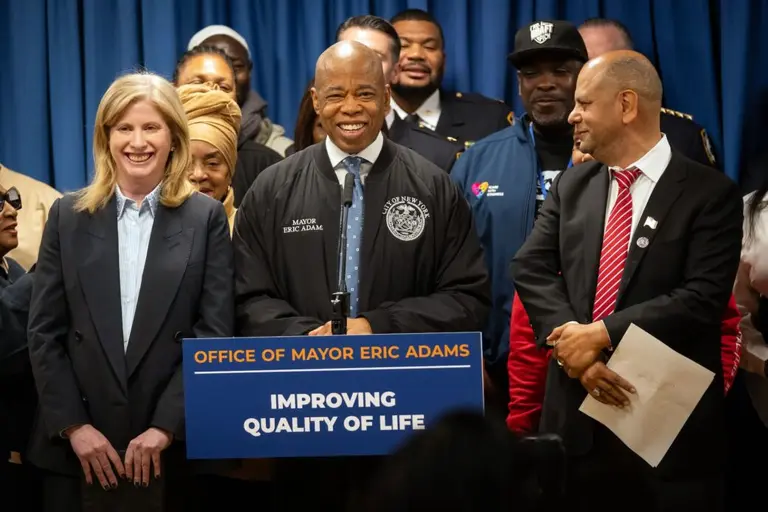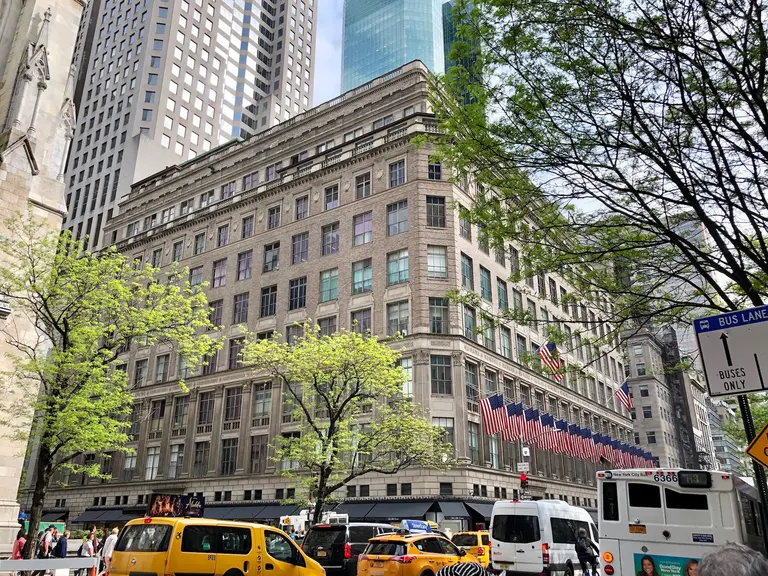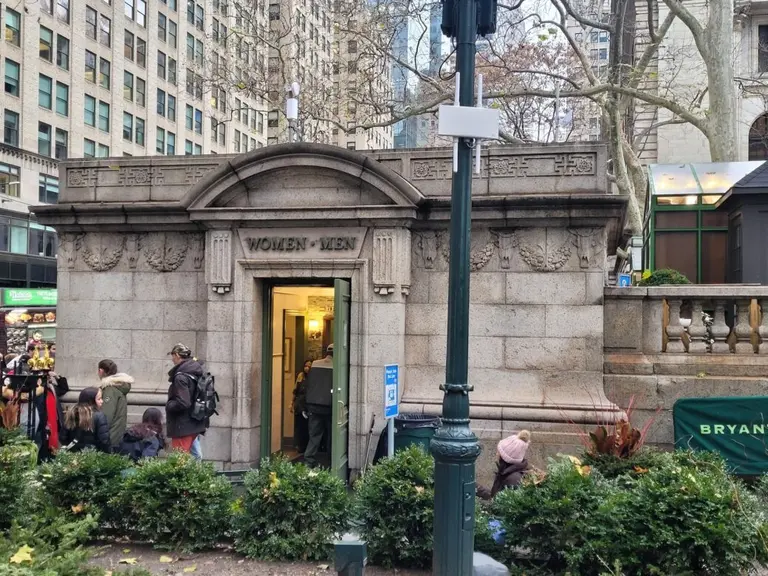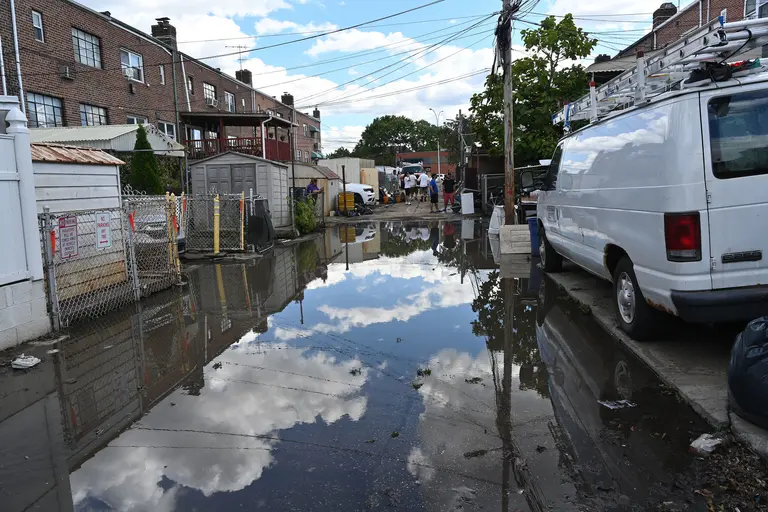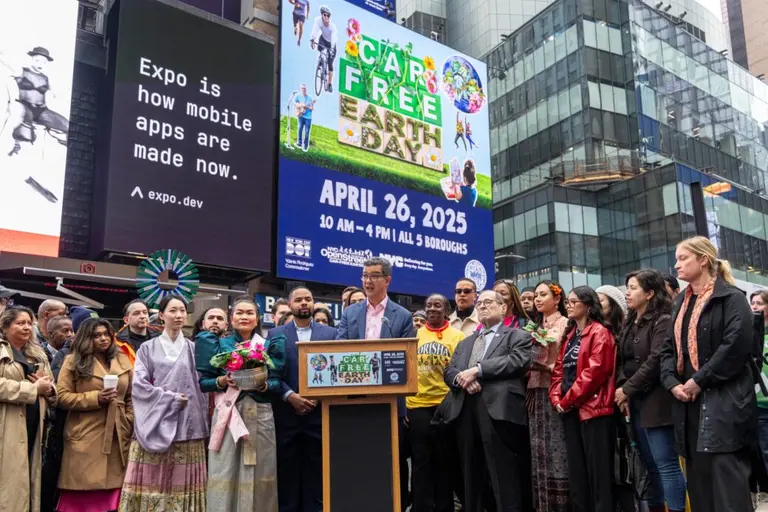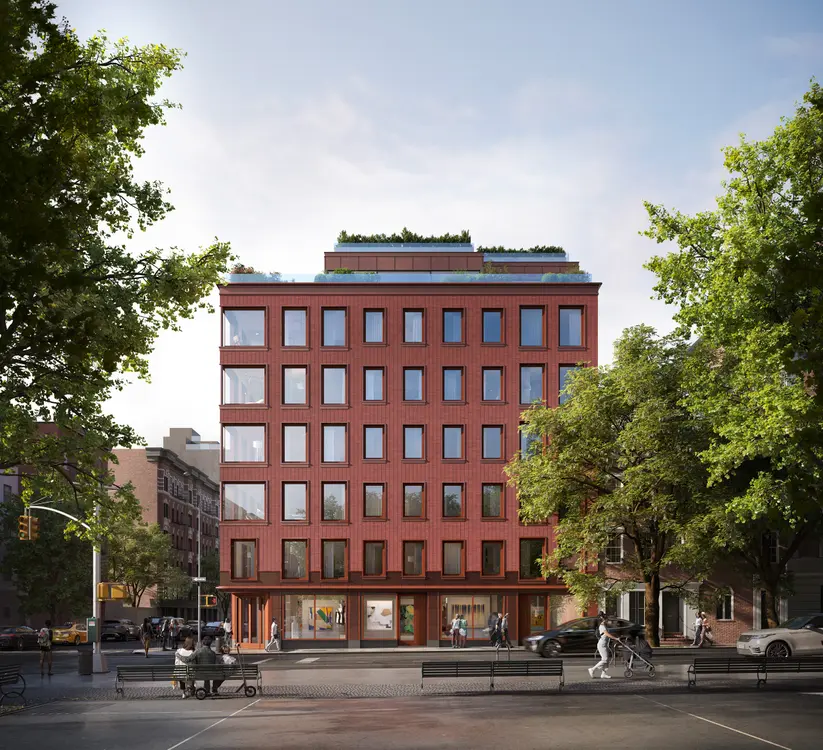Over 97 percent of fines issued to deadbeat landlords never collected, audit shows
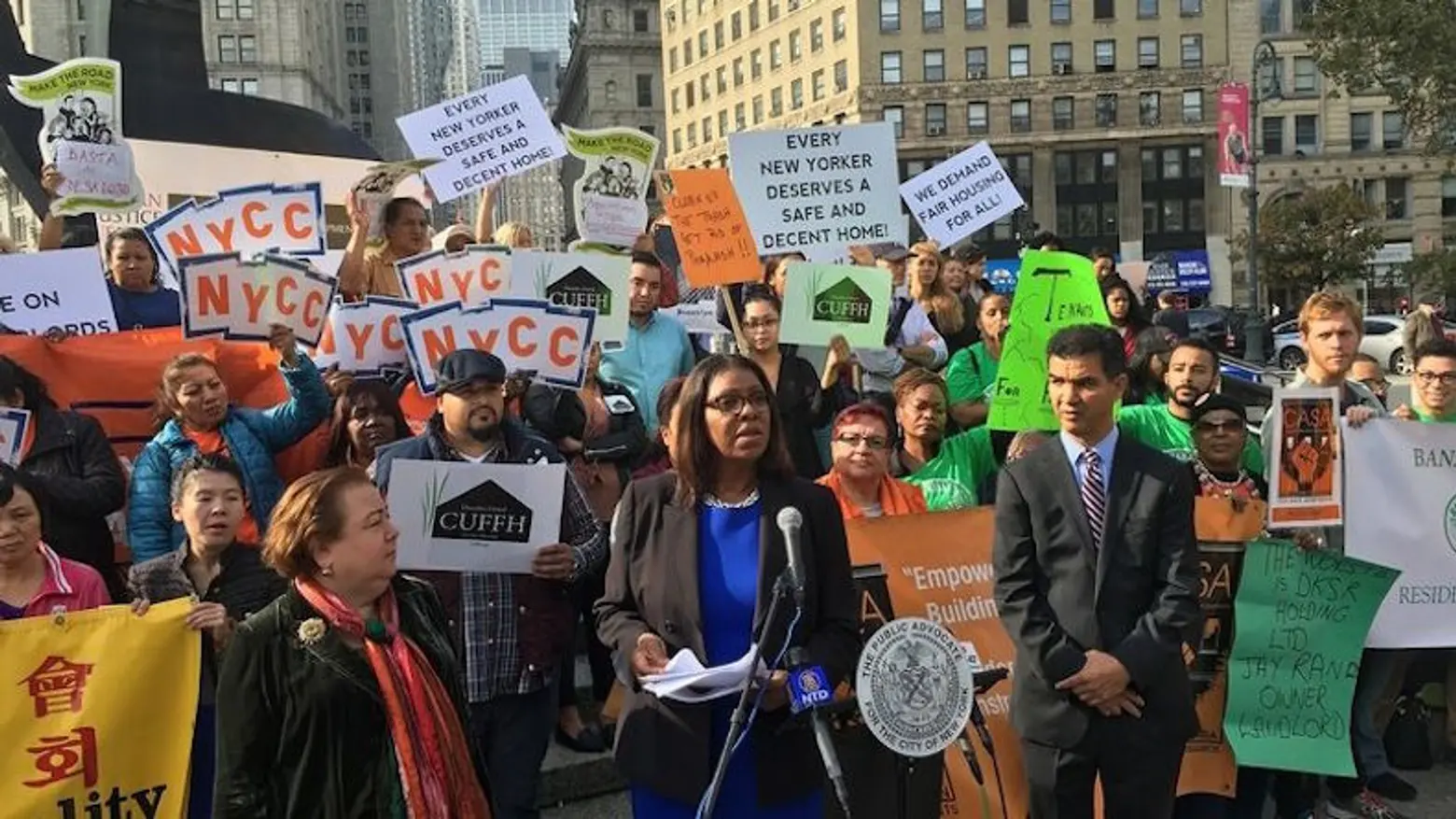
A recent audit by Comptroller Scott Stringer found that the city’s Department of Housing Preservation and Development (HPD) only collected 2.46 percent of the $35.1 million in overdue fines sent to its enforcement unit in the past two years, meaning that tens of millions of dollars owed by bad landlords remained unpaid by October of 2015. Landlords get hit with fines of up to $1,000 a day for failing to fix items like a lack of heat or lead paint, but the audit charged that building owners are getting away with dodging the fines, the New York Daily News reports.
The audit found that as of March of this year almost half of open cases hadn’t even been assigned an attorney to go after the cash owed, including one case that had languished for nine years. HPD collected $5.6 million in fines in fiscal year 2014 and $6.9 million in 2015, including money collected without the enforcement unit’s involvement.
What this means, Stringer said, is that “even though we know these tenants–many who need us most–are often living in unfathomable conditions, we aren’t holding landlords accountable. It’s unfair and it’s unacceptable. When we fail to protect affordable housing for our neighbors, we’re giving landlords a free pass to break the law.”
The enforcement unit could turn up the heat when attempting to collect fines by foreclosing on property or garnishing tenants’ rent, which it rarely does. Investigators recommended that the city hire more lawyers and hand over some cases to the city’s law department or an outside collection agency.
The HPD disputed the methods used by the study, saying the collection rate is actually closer to 13 percent after settlements are factored in; HPD commissioner Vicki Been said “This audit applied a flawed methodology in order to make headlines. This ‘gotcha’ game is dishonest and distracts from the important business of serving our city’s most vulnerable residents,” arguing that the agency is “using every available enforcement tool available to ensure safe and quality housing for all New Yorkers, taking emergency repair action to ensure that heat and hot water are restored, lead based paint conditions are addressed and other immediately hazardous conditions are corrected.”
[Via NYDN]
RELATED:
- MAP: Two thirds of landlords benefiting from 421-a tax breaks didn’t file rent regulation paperwork
- Public Advocate’s office releases watchlist of NYC’s 100 worst landlords
- Renters’ Rights 101: Know what your landlord is responsible for
- New bill would guarantee a lawyer for tenants facing eviction
Lead image courtesy of public advocate’s office.
